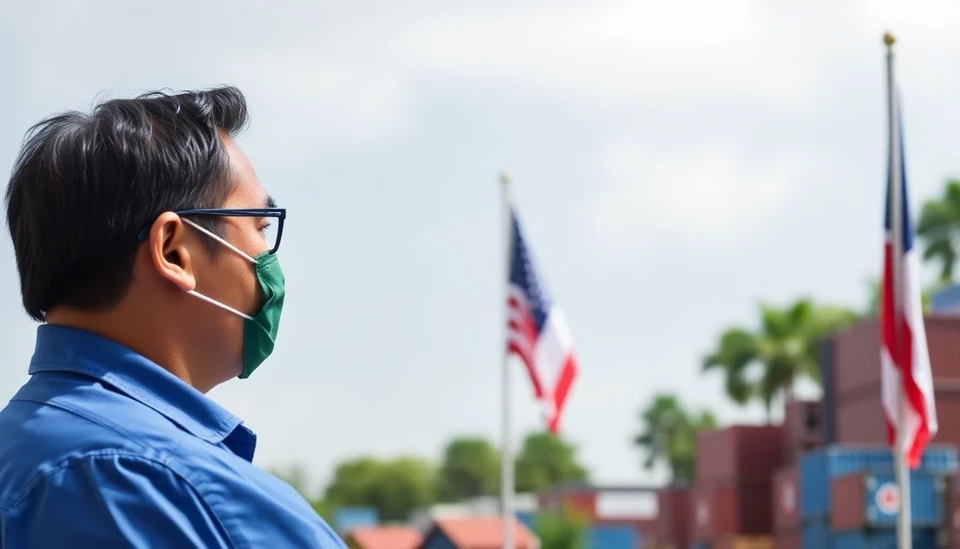
In a significant move, Thailand's government has announced strict new regulations concerning its proposed casino industry, a decision influenced by rising public opposition and concerns regarding social and ethical implications. This decision comes as the nation seeks to secure revenue through legalized gambling while addressing growing dissent from various community groups and stakeholders.
The proposed regulations are designed to outline the operational frameworks and licensing requirements for gaming establishments, aiming to ensure that future casinos operate within controlled and sanctioned environments. However, critics are voicing their apprehensions, arguing that the introduction of casinos could exacerbate existing issues such as gambling addiction, corruption, and crime.
Prominent among the voices of discontent is a coalition of civic organizations who have rallied against the potential expansion of the gambling sector. These groups assert that the introduction of casinos will predominantly benefit corrupt officials and foreign investors, neglecting the welfare of local communities. They fear that instead of generating positive economic impacts, such facilities could create more significant social challenges.
The Thai government's proposal includes the establishment of strict gambling regulations that limit the number of casinos and implement stringent checks on oversight to mitigate illegal activities. Additionally, a percentage of the gambling revenue is proposed to be allocated to social welfare programs to support those affected by gambling-related issues. Despite these measures, skeptics are demanding more robust interventions to protect public interests.
As lawmakers prepare for discussions on the feasibility of these regulations, the public outcry appears to be gaining momentum. Polls indicate that a majority of the population opposes the introduction of casinos, raising important questions about the future of gambling in Thailand and the balance between economic development and social responsibility.
Critics argue that the measures proposed by lawmakers do not go far enough in addressing the potential harms of legalized gambling. Public sentiment has been further amplified by reports highlighting case studies from other countries where gambling had led to negative consequences, including increased addiction rates and associated social issues.
In the coming weeks, the government will be faced with a pivotal choice—to uphold its plans for a lucrative casino industry or heed the voice of the public that is increasingly uncomfortable with the idea of legalized gambling. The outcome of this decision could have lasting ramifications for Thailand’s social fabric and economic strategy.
As the debate around casino regulations intensifies, all eyes will be on the Thai parliament as they deliberate the concerns raised by citizens and interest groups alike. The balance of prosperity against social stability hangs in the balance, paving the way for an uncertain future regarding the nation's gambling laws.
In summary, Thailand's proposed casino regulations are undergoing significant scrutiny with growing public opposition clamoring for stronger protections against the potential negative effects of legalized gambling. The situation remains fluid as stakeholders assess the viability of such initiatives against community interests.
#Thailand #CasinoRegulations #PublicOpposition #GamblingDebate #SocialResponsibility #EconomicDevelopment #ResponsibleGaming
Author: John Harris




